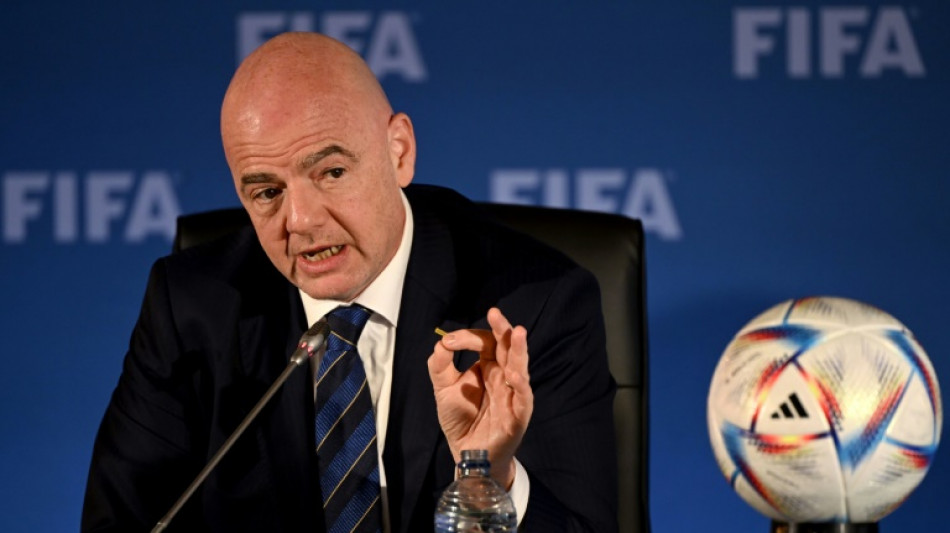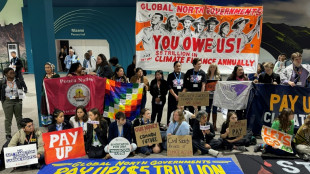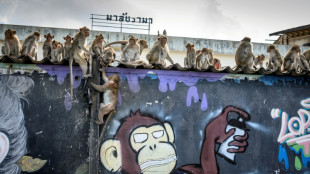

Infantino says broadcasters offer '100 times less' for Women's World Cup
FIFA president Gianni Infantino on Saturday criticised television broadcasters who have offered "100 times less" to screen the Women's World Cup compared to the men's.
Infantino was speaking in Auckland hours before the draw for next year's Women's World Cup in Australia and New Zealand, and with women's football breaking new ground.
The World Cup in July-August will have 32 teams for the first time and global interest is anticipated to be at an all-time high.
But without naming specific broadcasters, Infantino said offers submitted for the television rights were far too low.
"Broadcasters offer us 100 times less than what they offer us for the men's World Cup," Infantino told reporters.
He accused television companies of "pushing us to do more for equality and at the same time we are not going to accept these offers".
Infantino said that FIFA had invested one billion dollars into women's football in recent years.
The 2015 and 2019 Women's World Cups made a financial loss, but Infantino said: "The next World Cup will cost us around $400 million and we hope to break even."
For the first time, FIFA plans to sell the commercial rights separate from the men's tournament.
"We are trying to commercialise the Women's World Cup for the first time on its own," he said.
The FIFA boss also doubled down on assurances that gay fans who travel to Qatar for the men's World Cup next month will be safe, despite homosexuality being a criminal offence there.
"I have said it (before), I repeat it -- whatever nationality, background, gender, sexual orientation, everyone is welcome in Qatar," Infantino said.
Infantino also confirmed that the FIFA Clearing House, aimed at regulating the extra payments around transfer fees, will come into force on November 16.
"This will finally bring some transparency and accountability into the whole transfer market," said Infantino.
"Payments to strange places or strange bank accounts will not be tolerated any more."
He said the transfer market currently generates about six to seven billion dollars every year and predicts the figure will rise.
"We want to control that and make sure the money goes where it is supposed to."
A.Schneider--MP




